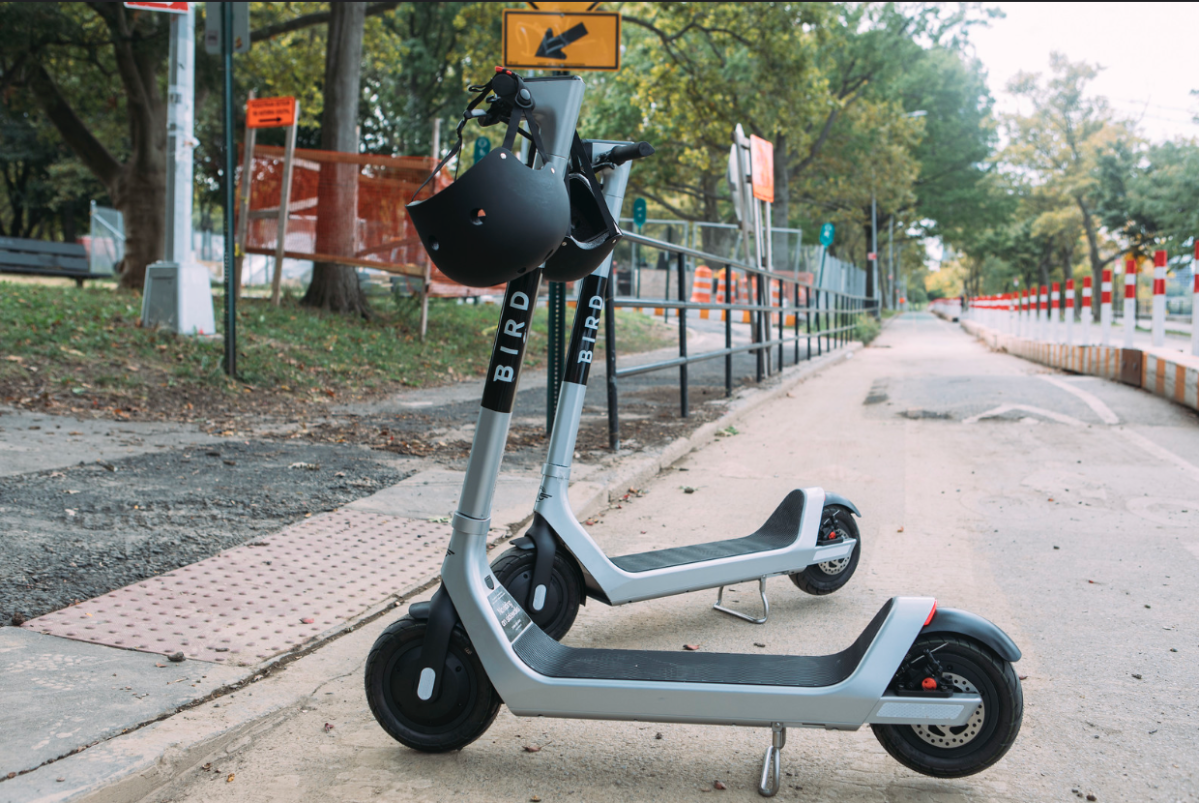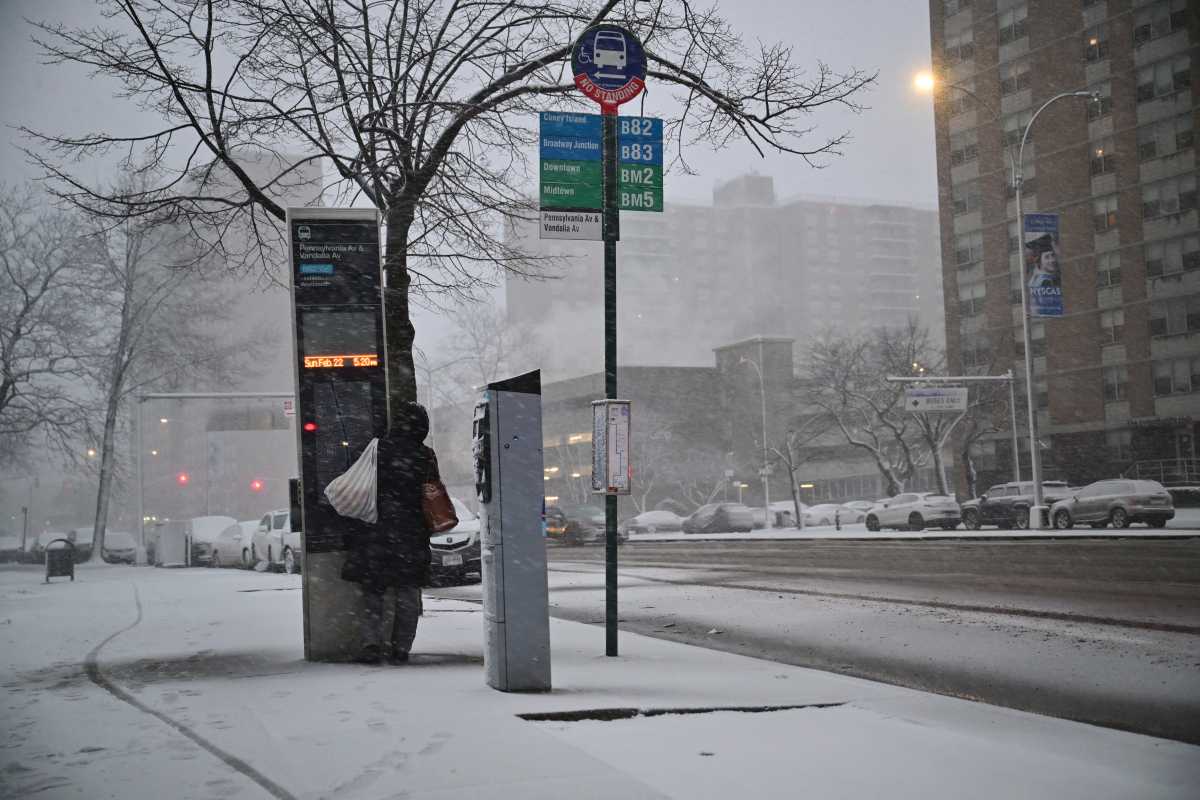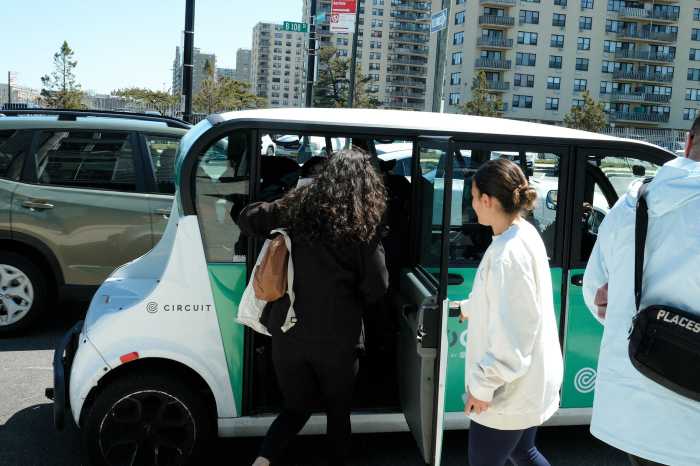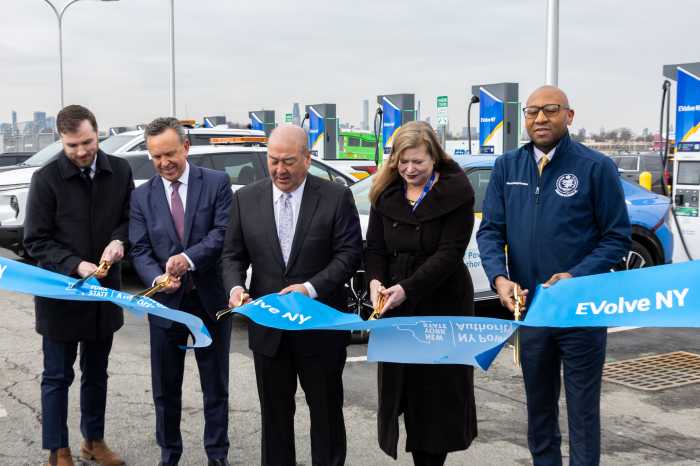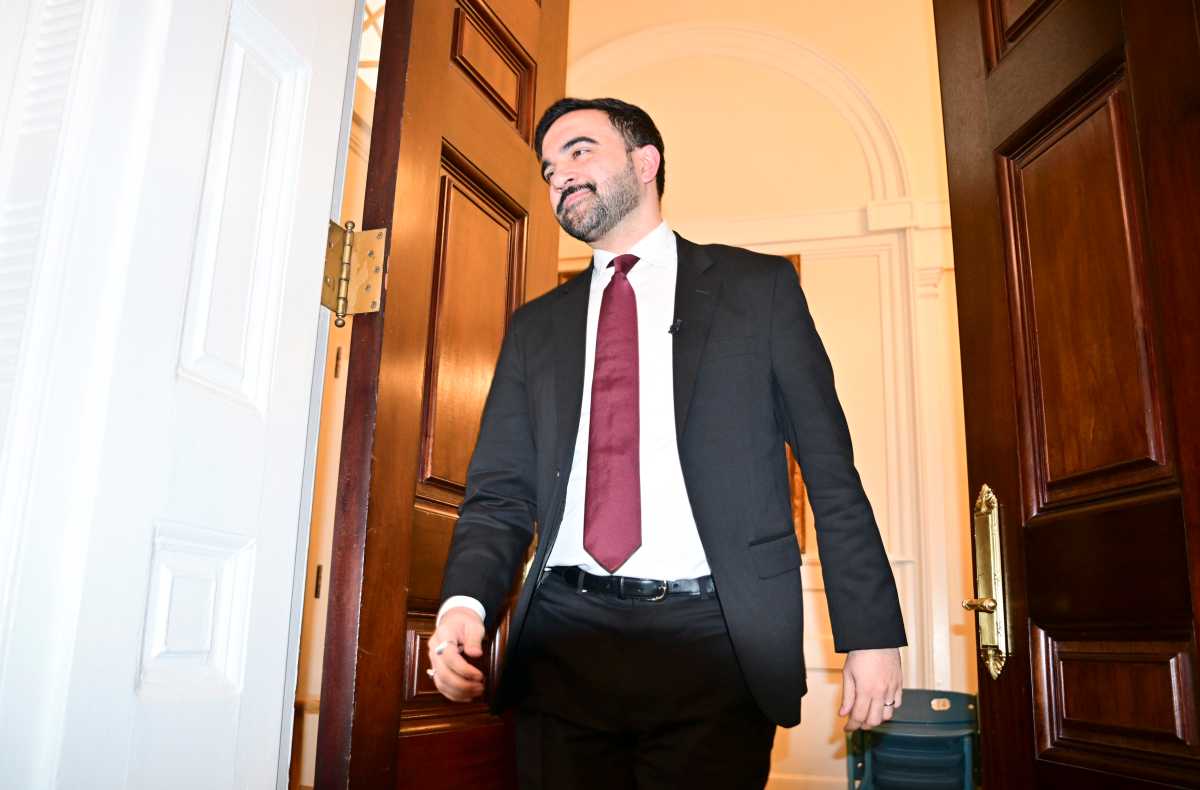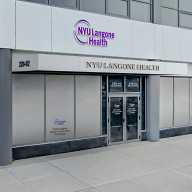Alternative transportation options in the form of shared mobility will continue to expand for Queens residents, according to the Department of Transportation (DOT).
At this month’s borough board meeting on Monday, Dec. 4, the heads of 14 community boards, along with Borough President Donovan Richards, heard from the DOT about the upcoming rollout of its e-scooter program, Citi Bikes and the ongoing car share program.
E-Scooters Rollout
In the spring of 2024, eastern Queens will be getting e-scooters after a successful pilot program that was launched in the east Bronx in 2021 and has seen 3 million trips taken on 6,000 e-scooters to date.
The east Bronx was initially selected for the pilot program in 2021 by the city council because that area was not allocated Citi Bikes. Eastern Queens was selected to ramp up the program due to its low density and lack of widespread transit options.
“It’s really about offering people more options,” said Finlay Scanlon, outreach coordinator for shared mobility for the DOT. “If the pilot wasn’t a success in the Bronx, we wouldn’t be compelled to bring it to other parts of the city.”
This fall, the DOT conducted outreach in downtown Flushing and downtown Jamaica about what specific spots local residents hope to see scooters – and what locations they think would not be suitable. The agency also launched an online feedback portal.
“We were thinking about areas that were not currently served by Citi Bikes,” said Scanlon. “So that’s why we went further east with the e-scooters, so those geographies don’t overlap.”
Unlike Citi Bikes, the e-scooters would be dockless and would instead have corral areas to park. In some areas they could be parked on sidewalks next to tree planters and city infrastructure.
In the coming months, the DOT will present a list of corral parking sites and additional details—such as discounts for low-income residents—to community boards and other stakeholders based on their outreach efforts. Notifications will also be sent to adjacent property owners, which is already done when Citi Bike dock stations are installed.
Representatives said that the program is expected to launch in Queens in late Spring with the same three operators working out of the Bronx – Bird, Lime and Veo. The DOT will also continue to conduct outreach and education on the program following its official launch.
No Citi Bike Expansion
There are currently no plans to add Citi Bikes to neighborhoods that don’t already have them. But community districts 3 and 4, which encompass Elmhurst, Jackson Heights and Corona, along with district 5, including Ridgewood, Glendale and Middle Village, are set to get infills.
“We do not have any further planned expansion for Citi Bikes,” said Scanlon. “So, for the time being, this is where Citi Bike service will end in Queens.”
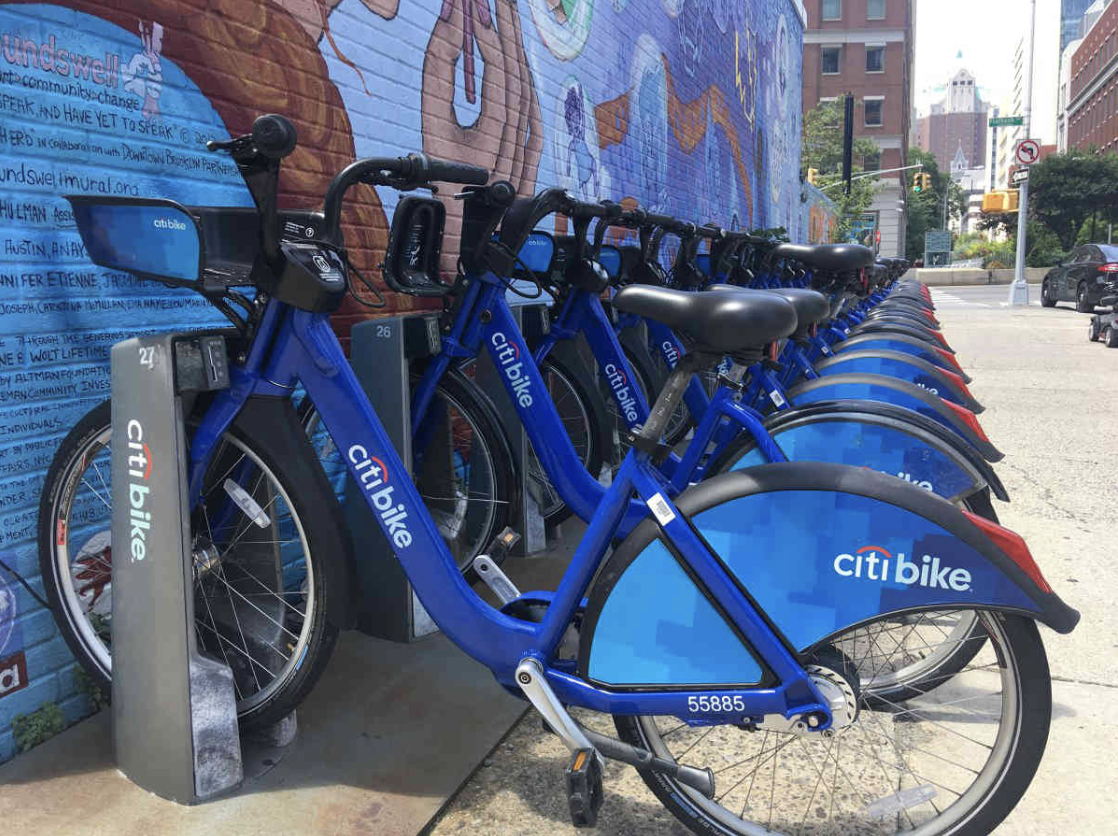
The Chairperson of CB 6, Heather Beers-Dimitriadis, inquired why the Forest Hills and Rego Park area have been excluded from the Citi Bike program despite high demand and adequate spots for docks.
“We have ample places to put docking stations without taking up parking spaces,” said Beers-Dimitriadis. “I’m wondering why Community District 6 has been left out of any formal plan with the exception of a couple car share plans. We actually want those docking stations.”
She also added that some people will dump their bikes in the neighborhood assuming that there are docking stations since the surrounding areas have them.
Scanlon said that CB 6 is on the top of the DOT’s list for future expansion. She added that she’s received several emails from high schoolers in the area who want to see bikes in the neighborhood, and reinforced that the rollout will come eventually, without indicating when.
But not all community board chairs want to see additional bikes, or any at all, in their district.
“I’m 60. I’m not gonna ride a bike to go to the Food Bazaar or the old Pathmark,” said CB3 Chairperson Frank Taylor. “Why would you put 20 bikes on residential streets when you have people with cars to travel. It’s just not right.”
Bryan Block, the chairperson of CB 13 in Queens Village, echoed a similar sentiment.
“We do not want them, period. Board six can have them,” said Block. “We’re not Park Slope. We’re not Fort Greene. We’re not Brooklynites. All right. We’re a suburban community. We drive and we purchase our own bicycles.”
Car Share Program
In February, the DOT announced a major expansion of the street car share program that allows local to easily rent a vehicle by the hour, or day. But as the year went on, the agency found that several of the hundreds of allocated spots in Brooklyn, Queens and the Bronx were not being filled by the car share companies.
The companies – Getaround, Zipcar and Truquit – pick their own sites based on demand data, but work with the DOT’s criteria to select adequate locations. Locations cannot be on metered streets, require back angle parking and must be at least 250 feet away from schools and hospitals.
By the end of October, the DOT removed several sites across Queens because the companies could not fill the spots with rental cars. They were officially given 30 days, with additional leeway, to fill the spots.
“There were a lot of lessons learned this round at our car share site selection,” said Stevie Fye, a Project Manager for Car Share program. “And we will be revising that for this next round of site selection. Some sites will be removed, some sites will be added.”
A two-year Carshare Pilot program launched in June 2018 following a city council mandate to study local transportation. The DOT initially partnered with Zipcar and Enterprise to designate 280 spots for the service across the city.
Results from the pilot showed that Queens had the highest average rate of trips per month at 27 trips per spot that served 19 households. The program saw some of the highest usage in Far Rockaway.


